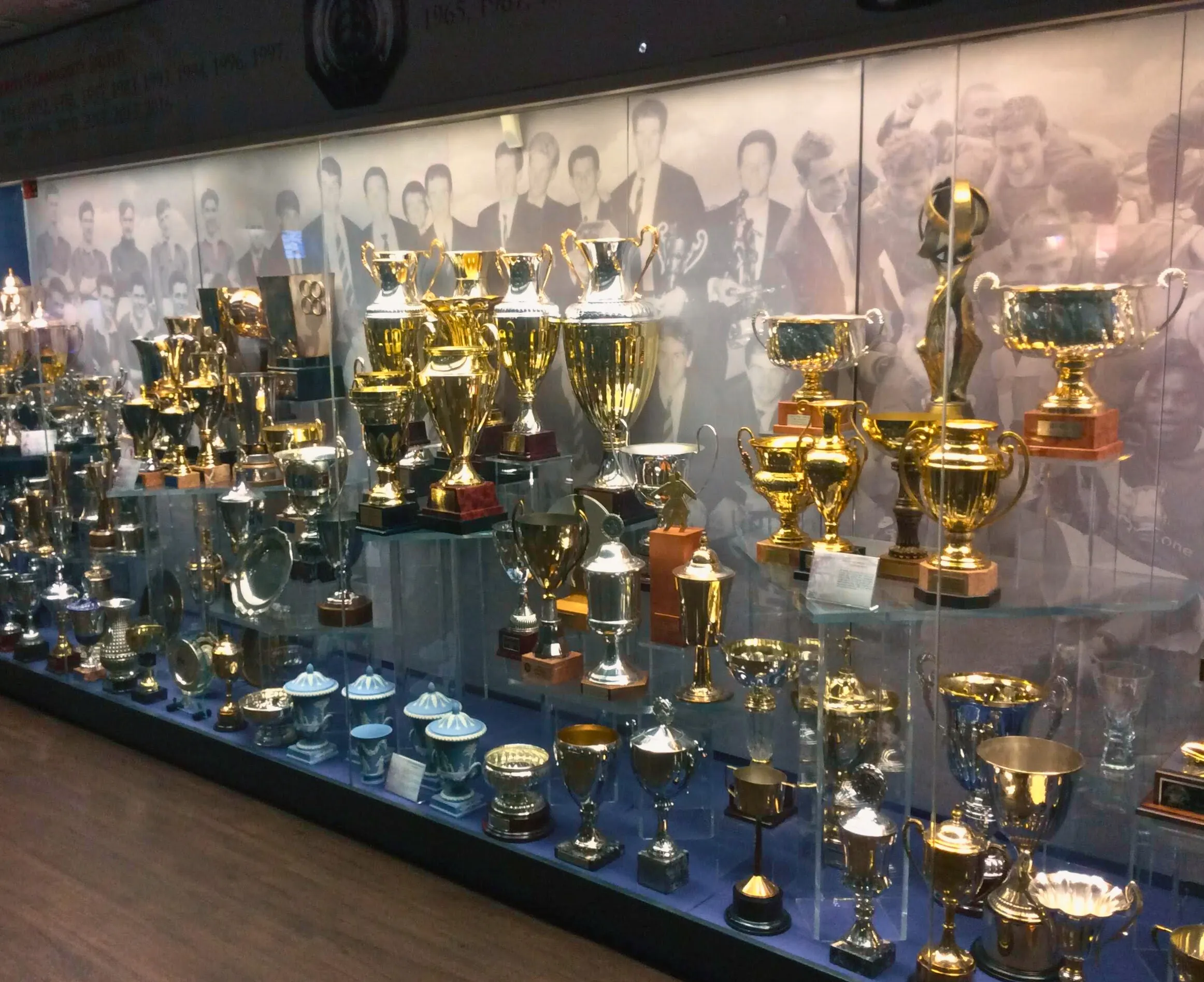2. Hidden Costs of Overlooking Achievements
Failure to acknowledge and celebrate success imposes unseen costs on high achievers. The perpetual pursuit of goals without pausing to recognise milestones can lead to burnout and a distorted perspective on accomplishments. This, in turn, may impact self-worth and motivation, creating a cycle where the joy of the journey is overshadowed by the relentless pursuit of the next achievement. By exploring these hidden costs, coaching can guide individuals to appreciate the value of celebrating success as an integral part of their growth journey.
3. Tailoring Celebrations to Individual Dispositions
Effective coaching is inherently personalised, and this holds true when it comes to celebrations. Understanding what celebration means to each high achiever is crucial. For some, public acknowledgment may be the key, while others may prefer private reflections. Tailoring celebrations to individual dispositions fosters authenticity and cultivates a positive relationship with success. It is this personalised approach that transforms the act of celebration from a generic practice to a meaningful and intrinsic part of the individual’s journey.

4. Striking the Balance: Humility and Recognition
High achievers often navigate a fine line between humility and recognition. Coaching in this area involves encouraging clients to embrace their achievements while staying grounded. It’s not about boasting but acknowledging the effort invested and the impact created. By striking this delicate balance, humility becomes a tool for sustained growth, preventing complacency. This section explores the nuances of maintaining humility while recognising and celebrating success, ensuring that achievements become stepping stones rather than endpoints.
5. Reflective Celebration: Anchoring Success in Personal Growth
Celebration, when approached with intentionality, becomes more than an external validation—it transforms into an internal dialogue. Encouraging clients to reflect on their journey, the lessons learned, and personal growth, can anchor success in a deeper understanding of oneself. This reflective approach not only enhances the significance of achievements but also contributes to a profound sense of fulfillment. By anchoring success in personal growth, individuals are better equipped to appreciate the holistic nature of their journey, making celebration a continuous and integral part of their pursuit of excellence.
In conclusion, coaching high achievers on their relationship with celebration involves a strategic, personalised, and reflective approach. By recognising the strategic role of celebration, addressing hidden costs, tailoring celebrations, striking the balance between humility and recognition, and promoting reflective celebration, coaches empower individuals to not only achieve but also savour their success in a manner that fosters sustained growth and wellbeing.
Sharing these mentoring moments with you,
Gaye



